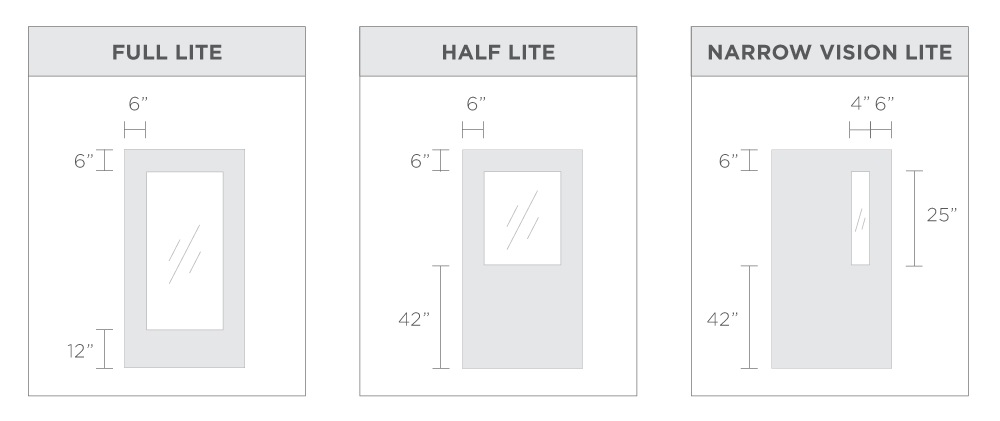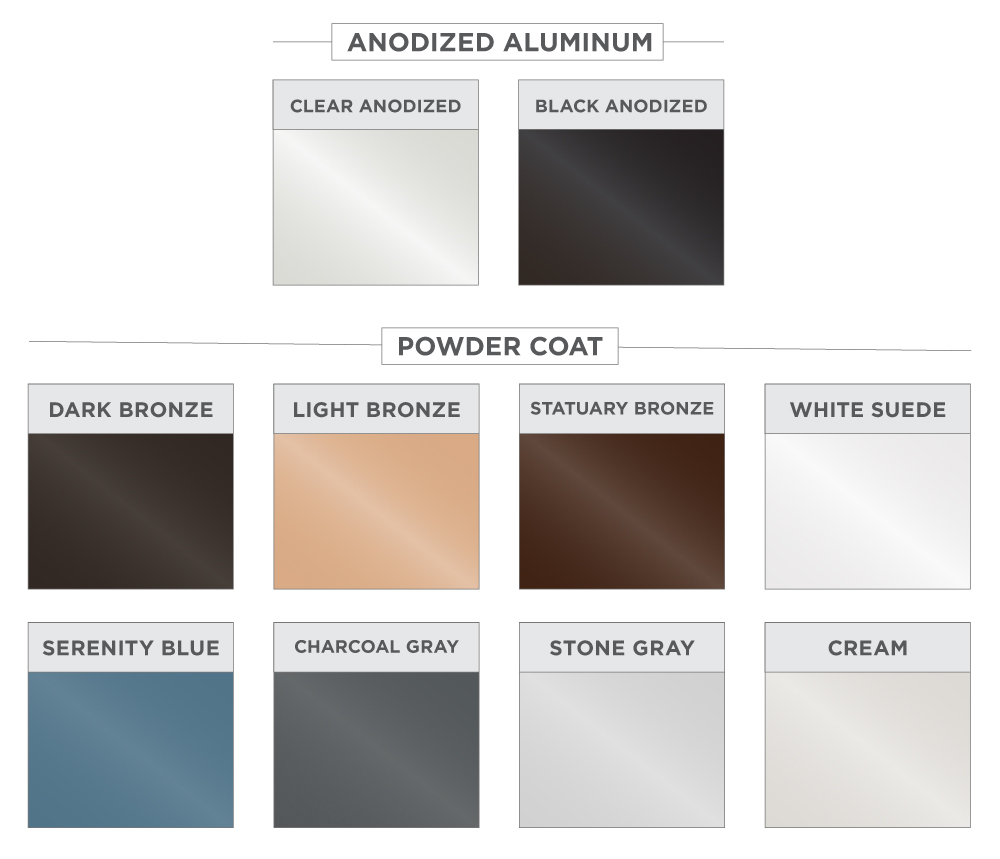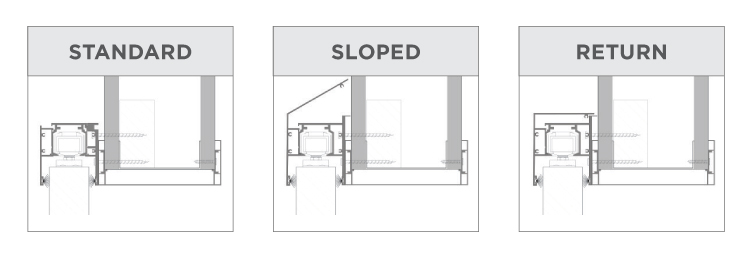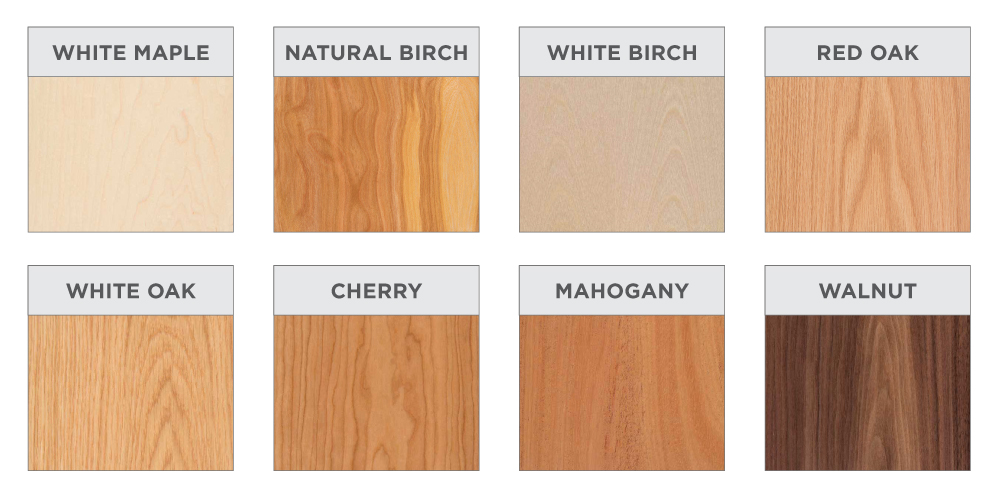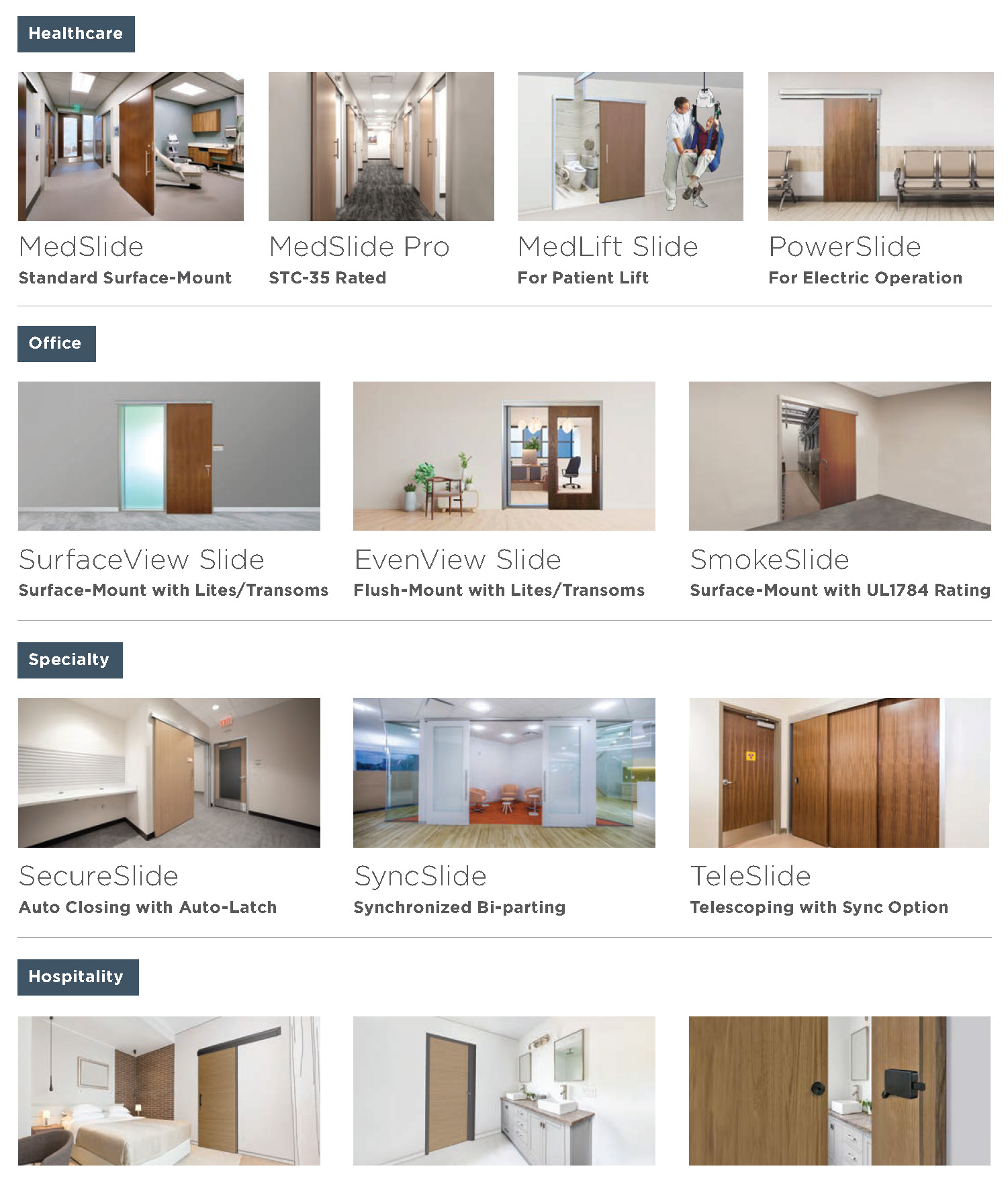How to Choose the Right Commercial Sliding Doors for Your Business Needs
In today's competitive business environment, selecting the right entry solutions is vital for operational efficiency and customer satisfaction. Commercial sliding doors are increasingly favored for their sleek design, space-saving features, and ability to accommodate high traffic. According to a report by Grand View Research, the global automatic doors market is projected to reach $30 billion by 2025, with commercial sliding doors accounting for a substantial portion due to their effectiveness in retail and hospitality sectors. These doors not only enhance accessibility but also contribute to energy savings, with studies indicating that automatic doors can reduce energy consumption by up to 30% in commercial buildings. As such, understanding the various types of commercial sliding doors and their functionalities is essential for businesses aiming to improve both aesthetics and operational efficiency. This blog aims to guide you through the considerations necessary to choose the right commercial sliding doors that align with your business needs.

Understanding Your Business Requirements for Sliding Doors
When selecting commercial sliding doors for your business, understanding your specific needs is paramount. Sliding doors come in various materials, styles, and functionalities, each catering to distinct business requirements. According to a report by the American Architectural Manufacturers Association (AAMA), nearly 70% of commercial spaces prefer sliding doors for their space-saving features and ease of access. Businesses in retail sectors, for example, benefit from automated sliding doors that enhance customer flow and improve energy efficiency, reflecting a growing trend where energy-efficient solutions are prioritized.
Tip 1: Consider the traffic volume in your business space. For high-traffic areas, heavy-duty sliding doors made of durable materials like aluminum or tempered glass are recommended to withstand frequent use while maintaining a sleek aesthetic.
In addition, aligning your choice with the security needs of your business is crucial. The 2022 Security Industry Association report indicated that 75% of businesses reported a decrease in break-ins when using high-security sliding doors equipped with advanced locking systems. These doors not only offer security but also aesthetic appeal, blending functionality with design.
Tip 2: Choose sliding doors with appropriate security features tailored to your business environment, ensuring they meet both safety standards and design preferences.
Evaluating Different Materials and Their Durability Options
When selecting commercial sliding doors for your business, understanding the materials available and their durability is crucial. Various materials like aluminum, glass, wood, and vinyl offer distinct advantages and drawbacks that impact both functionality and aesthetics. For instance, aluminum is often favored in commercial settings due to its strength, weather resistance, and low maintenance requirements. It can withstand the rigors of heavy use while maintaining a sleek appearance, making it ideal for businesses with high traffic.

On the other hand, glass sliding doors provide an open and welcoming feel, promoting visibility and light in your space. However, not all glass is created equal; tempered or laminated glass options can enhance durability and safety. If insulation and energy efficiency are priorities, consider composite materials that combine strength with thermal resistance. Wood offers a classic look but requires regular maintenance to withstand wear and environmental changes. By carefully evaluating the properties of each material, you can choose sliding doors that not only fulfill your functional needs but also enhance the overall aesthetic of your business environment.
Exploring Design and Aesthetic Choices for Sliding Doors
When it comes to choosing the right commercial sliding doors, design and aesthetics play a pivotal role in enhancing your business's overall appearance. The first step in this process is to evaluate your brand identity and the message you want your door design to convey. For instance, a sleek, modern glass sliding door may resonate well with a tech-focused company, while a rustic wooden sliding door could be perfect for a boutique or café aiming for a cozy, inviting atmosphere. Consider the color palette and material finishes that will harmonize with your existing interior or exterior spaces, ensuring seamless integration.

Additionally, functionality should not be overlooked when exploring aesthetic choices. For high-traffic areas, robust materials that withstand wear and tear while maintaining visual appeal are essential. Features such as frosted glass can offer privacy without sacrificing light, while custom designs can help to create a unique, branded experience for your customers. Don’t hesitate to think outside the box—incorporating unique shapes or artistic elements can transform a simple sliding door into a striking focal point, elevating your business's ambiance and demonstrating your commitment to quality and design excellence.
Assessing Security Features and Accessibility Needs
When selecting commercial sliding doors, security features and accessibility needs are paramount considerations. Businesses must assess the level of security required to deter unauthorized access while maintaining a welcoming environment. For instance, doors equipped with high-security locks, anti-pry mechanisms, and reinforced frames can significantly enhance safety. Additionally, businesses should also consider integrating modern technology, such as access control systems and surveillance cameras, which can further bolster security and provide peace of mind.
Accessibility is another crucial aspect that businesses need to prioritize. The sliding doors should comply with relevant standards to ensure that they are accessible to all individuals, including those with disabilities. Features such as automatic opening mechanisms, appropriate height for handles, and seamless thresholds can make a significant difference in providing ease of access. By focusing on both security and accessibility, businesses can create an environment that is not only safe but also inclusive, catering to the diverse needs of their clientele.
How to Choose the Right Commercial Sliding Doors for Your Business Needs
| Feature | Importance Level | Considerations |
|---|---|---|
| Security Features | High | Evaluate locking mechanisms and material strength. |
| Accessibility | High | Ensure compliance with ADA standards. |
| Energy Efficiency | Medium | Consider insulation properties and seals. |
| Aesthetics | Medium | Choose colors and materials that match your branding. |
| Durability | High | Select materials suitable for high-traffic areas. |
| Cost | High | Consider upfront costs versus long-term savings. |
Budgeting and Cost Considerations for Commercial Sliding Doors
When selecting commercial sliding doors, budgeting and cost considerations play a pivotal role in the decision-making process. According to a report by MarketsandMarkets, the global market for commercial doors is expected to reach approximately $26 billion by 2025, indicating robust growth driven by demand across various sectors. The cost of sliding doors can range significantly, influenced by factors such as material, design, automation features, and size. Basic models might start around $1,500, while high-end, automated options can exceed $10,000. Businesses should analyze their needs and evaluate long-term benefits against upfront costs.
Moreover, it's essential to factor in installation and maintenance expenses, which can add another 20% to 30% to the total budget. The American Association of Automatic Door Manufacturers (AAADM) highlights that proper installation is crucial to ensure the safety and efficiency of the doors, potentially lowering maintenance costs over time. Regular upkeep not only prolongs the lifespan of the doors but also maintains aesthetic appeal, making it a vital consideration in the overall budget strategy. By aligning needs with financial capabilities and factoring in future costs, businesses can make informed decisions that enhance operational efficiency while staying within budget.
Related Posts
-
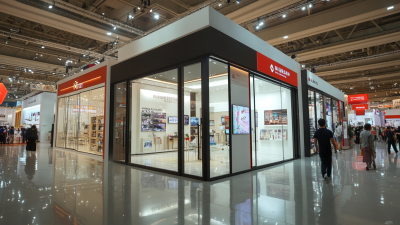
Unlocking Opportunities in Global Trade with Commercial Sliding Doors at the 137th Canton Fair
-
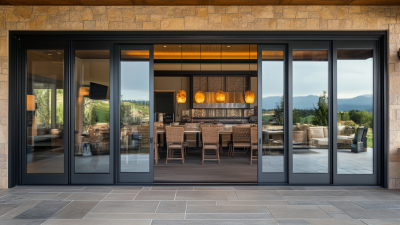
10 Proven Benefits of Commercial Sliding Doors for Your Business Growth
-

Essential Tips for Choosing Smoke Proof Sliding Doors
-
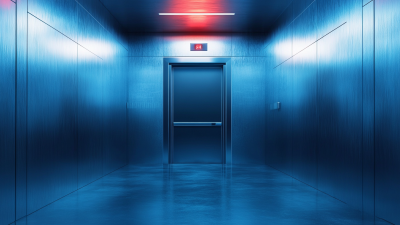
Navigating Tariff Challenges: How Custom Sliding Doors from China Thrive Amidst US-China Trade Tensions
-
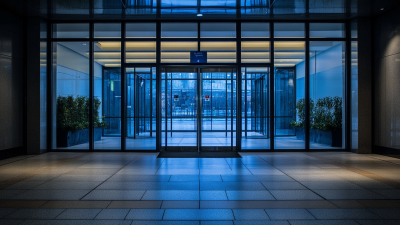
How to Identify the Best Manufacturers for Smokeproof Sliding Doors
-

7 Key Insights to Choosing the Best Medical Sliding Doors for Your Facility

